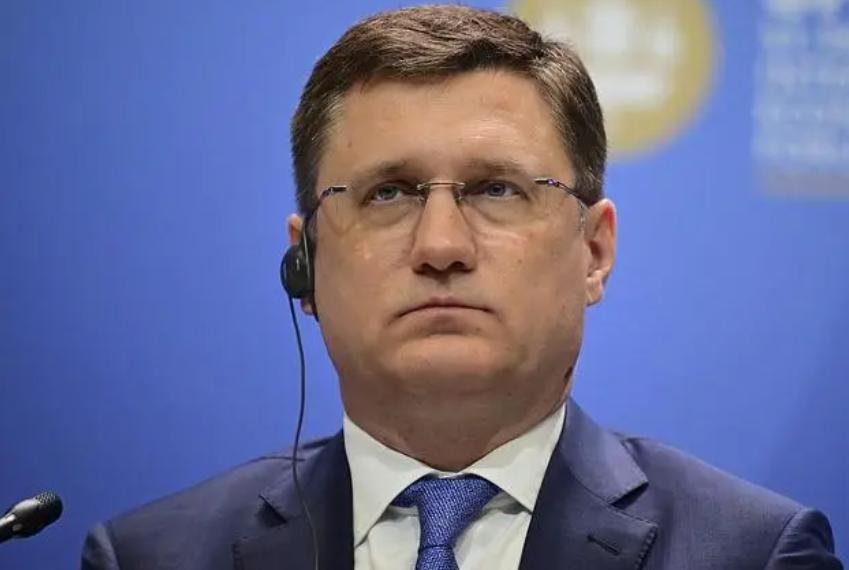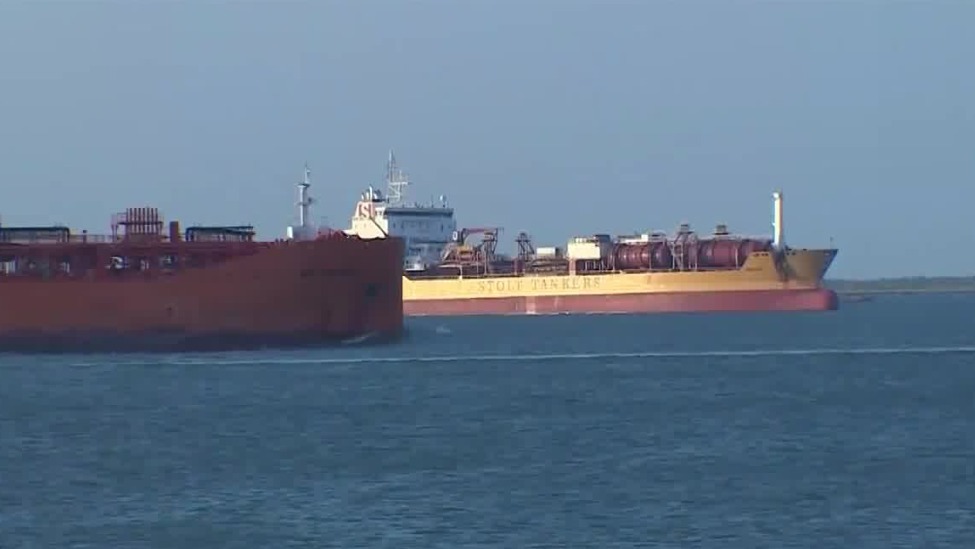
Russian Deputy Prime Minister Alexander Novak recently said that the country is ready to continue exporting natural gas to Europe through multiple routes. Speaking in the Verkhovna Rada (Parliament) last week, Ukrainian Prime Minister Sergei Shmegar said that Ukraine plans to stop the transit of Russian gas to Europe through its gas transportation system from 7 o 'clock on January 1, 2025. The decision marks a historic break with Russia over gas transfers, which Ukraine hopes will weaken Russia's military capabilities. However, it has also created major concerns for European countries that depend on Russian gas supplies. Yesterday, Novak said in an interview with the media, "The issue of future gas transport will be agreed between the Kiev authorities and the EU." "We have always said that we are willing to continue to supply gas, and not just through existing pipelines." Novak said that despite the political pressure, "Russian gas is more attractive in terms of price and logistics" for regional buyers. He noted that in the first 11 months of this year, gas exports to Europe totaled more than 50 billion cubic meters, an increase of 18 to 20 percent compared to the same period last year.
Russia plans to continue to supply natural gas to Europe through multiple channels in response to the planned shutdown of Ukraine, a move that will have a profound impact on the international energy market, geopolitics and international relations. First, the impact on the international energy market, Ukraine's shutdown plan will lead to a reduction in the supply of natural gas in Europe, which will push up the price of natural gas in Europe. Russia, as an important supplier of natural gas to Europe, and its multi-channel gas supply plan will ease supply constraints to some extent, but prices could still be volatile due to geopolitical tensions and increased energy demand. As Russia increases its LNG exports, the LNG market will become more competitive. Competition between Asian and European buyers could lead to higher LNG prices, as well as changes in LNG trade flows. Ukraine's shutdown plan and Russia's multi-channel gas supply plan will encourage European countries to accelerate their energy transition, reduce their dependence on fossil fuels, and increase the share of renewable and low-carbon energy. This will drive the transformation and development of the global energy market.
The second is the impact on geopolitics, Ukraine's shutdown plan has intensified geopolitical tensions between Russia and Europe. At the same time, the shutdown plan may lead to a shortage of gas supplies in Europe, and Russia's multi-channel gas supply plan can help ease this tension and ensure the stability of the European energy market, but it may also be seen as a means for Russia to maintain influence in the European energy market. This will have a complex impact on Russia-EU relations and may trigger a new geopolitical game. As an important supplier of natural gas to Europe, Russia's gas supply changes will directly affect the price of natural gas in Europe. The multi-channel gas supply plan may create price competition, which will restrain price increases to some extent. However, geopolitical tensions and uncertainty over energy demand can also lead to price volatility. The shutdown plan of Ukraine and the multi-channel gas supply plan of Russia will promote new trends in international energy cooperation. European countries will seek to strengthen cooperation with other energy suppliers to ensure the stability and security of energy supplies. At the same time, Russia will seek cooperation with other countries to expand its energy export markets and diversify its energy export channels.
The third is the impact on international relations, Ukraine's shutdown plan and Russia's multi-channel gas supply plan will reflect the game between multilateralism and unilateralism. European countries will seek to ensure the stability and security of energy supplies through multilateral cooperation, while Russia may prefer to safeguard its energy export interests through unilateral action. This will affect the direction of international relations and the reform of the global governance system. Ukraine's shutdown plan and Russia's multi-channel gas supply plan will drive changes in the global energy governance system. With the transformation and development of the global energy market, the global energy governance system will pay more attention to sustainable development and green and low-carbon. At the same time, geopolitical tensions and energy supply security issues will also become important issues in the global energy governance system.
To sum up, Russia's plan to continue to supply gas to Europe through multiple channels in response to Ukraine's shutdown plan will have a far-reaching impact on the international energy market, geopolitics and international relations. These influences will promote the transformation and development of the global energy market, the transformation of international relations and the improvement of the global governance system.

On January 15, 2026, the US military announced the seizure of an oil tanker named "Veronica" in the Caribbean Sea.
On January 15, 2026, the US military announced the seizure …
At the 2026 J.P. Morgan Healthcare Conference, a joint anno…
For much of 2025, the market was rethinking whether the dol…
The recent undercurrents in the international situation, wi…
The news of Musk's Neuralink launching mass production of b…
In January 2026, the US Department of Energy announced a $2…